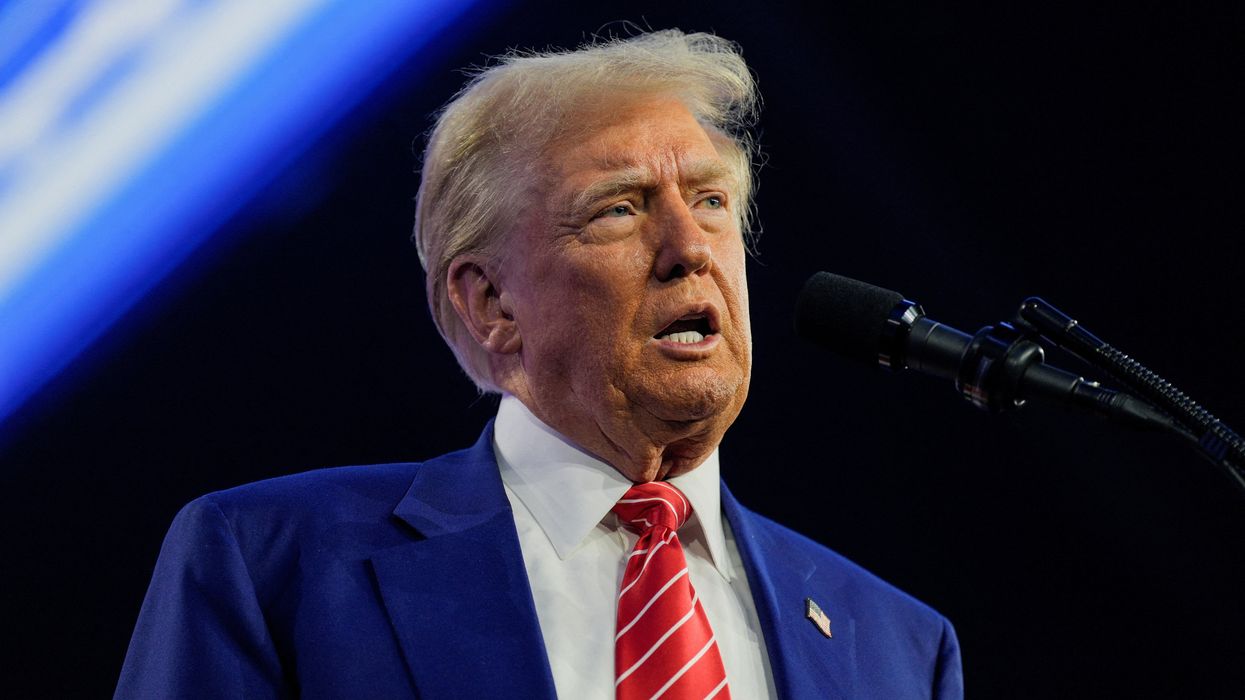Under Mao Tse Tung, the People's Republic of China was a communist dictatorship. And it is still a one-party authoritarian state ruled by the Chinese Communist Party. But post-Mao China replaced old-school Maoism with more of a crony capitalist system long ago, and a great deal of U.S. manufacturing takes place in Mainland China.
In his April 2 column, conservative-leaning New York Times opinion writer Thomas Friedman warns that China is making a point of turning out high-skilled, high-tech workers at a time when the U.S. is discouraging scientific "innovation."
Friedman, who recently visited Shanghai, argues, "It's downright scary to watch this close up. President Trump is focused on what teams American transgender athletes can race on, and China is focused on transforming its factories with AI so it can outrace all our factories. Trump's 'Liberation Day' strategy is to double down on tariffs while gutting our national scientific institutions and work force that spur U.S. innovation. China's liberation strategy is to open more research campuses and double down on AI-driven innovation to be permanently liberated from Trump's tariffs."
READ MORE: Chances of a recession hiked to 35 percent as Trump's 'Liberation Day' tariffs loom
Friedman adds, "Beijing's message to America: We're not afraid of you. You aren't who you think you are — and we aren't who you think we are."
The Times columnist laments that Trump's steep new tariffs will do nothing to help U.S. businesses.
"I agreed with Trump regarding his tariffs on China in his first term," Friedman explains. "China was keeping out certain U.S. products and services, and we needed to treat Beijing's tariffs reciprocally. For instance, China dragged its feet for years on letting U.S. credit cards be used in China, waiting until its own payment platforms completely dominated the market and made it a cashless society, where virtually everyone pays for everything with mobile payment apps on their phones…. My problem is with Trump's magical thinking that you just put up walls of protection around an industry, or our whole economy, and — presto! — in short order, U.S. factories will blossom and make those products in America at the same cost with no burden for U.S. consumers."
Friedman adds, "For starters, that view completely misses the fact that virtually every complex product today — from cars to iPhones to mRNA vaccines — is manufactured by giant, complex, global manufacturing ecosystems."
READ MORE: 'Musk is the biggest loser': Social media erupts as Dem wins big in WI supreme court race
Thomas Friedman's full New York Times column is available at this link (subscription required).


